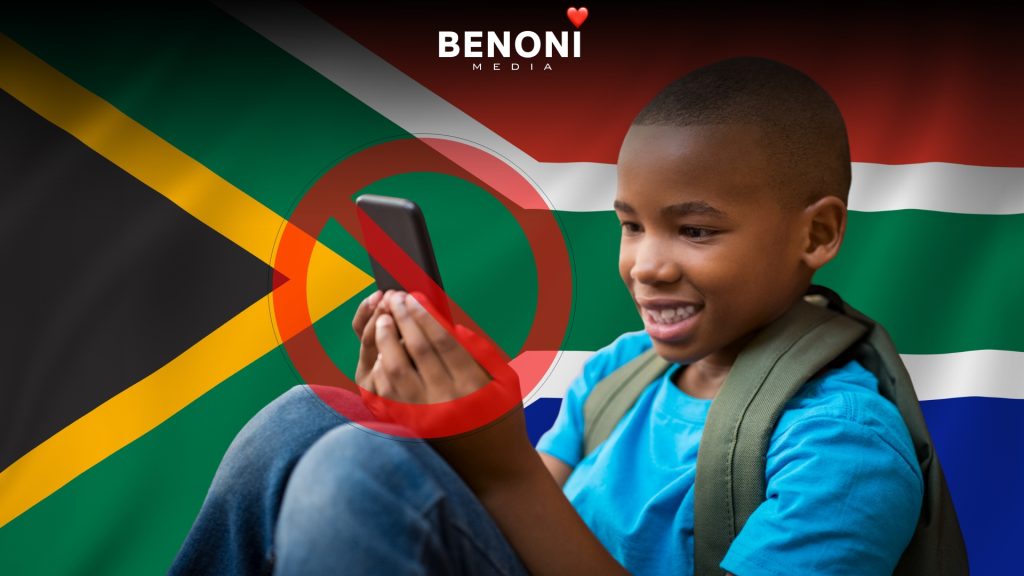Recently, Florida made headlines by passing a bill that limits social media access for children under 14 and mandates parental consent for 14- and 15-year-olds to use platforms like Instagram and TikTok. This decision has sparked a broader conversation about the role of regulation in safeguarding children online.
Examining Florida’s Recent Legislative Action
Florida’s move to regulate teens’ social media access underscores concerns about their susceptibility to addictive and harmful online content. However, the implementation of these regulations may face legal hurdles, particularly regarding constitutional rights such as freedom of speech.
South Africa’s Online Landscape: Risks and Realities
In South Africa, the vast majority of children regularly use the internet, exposing them to various online dangers such as cyberbullying, exploitation, and exposure to inappropriate content. Despite these risks, many children navigate the online world without adequate supervision, heightening their vulnerability.
Striking a Balance: Freedom and Protection
The debate over setting limits to children’s social media use in South Africa reflects broader discussions on the tension between individual freedoms and societal protection. While some advocate for parental responsibility and minimal government intervention, others argue for proactive measures to shield children from online threats.

Unveiling Online Hazards: From Cyberbullying to Radicalisation
Instances of cyberbullying, online radicalisation, and exposure to harmful content underscore the urgent need for effective regulation of children’s social media usage. Failing to address these issues can have profound consequences, ranging from mental health issues to involvement in criminal activities.
Regulatory Challenges: Finding the Middle Ground
While regulating children’s social media access is crucial, it presents significant challenges. Implementing age restrictions and parental consent requirements may encounter resistance from both users and social media platforms. Moreover, striking a balance between protecting children and preserving online freedoms remains a complex and nuanced task.
As South Africa grapples with the question of regulating children’s social media use, it must navigate the intricate ethical and practical considerations inherent in this debate. Finding solutions that prioritise both children’s safety and their rights in the digital sphere is essential for fostering a healthier online environment.








